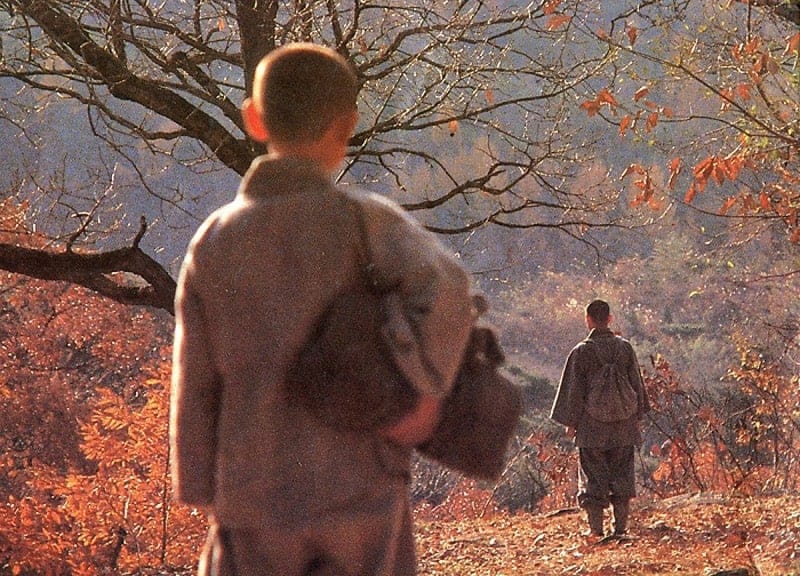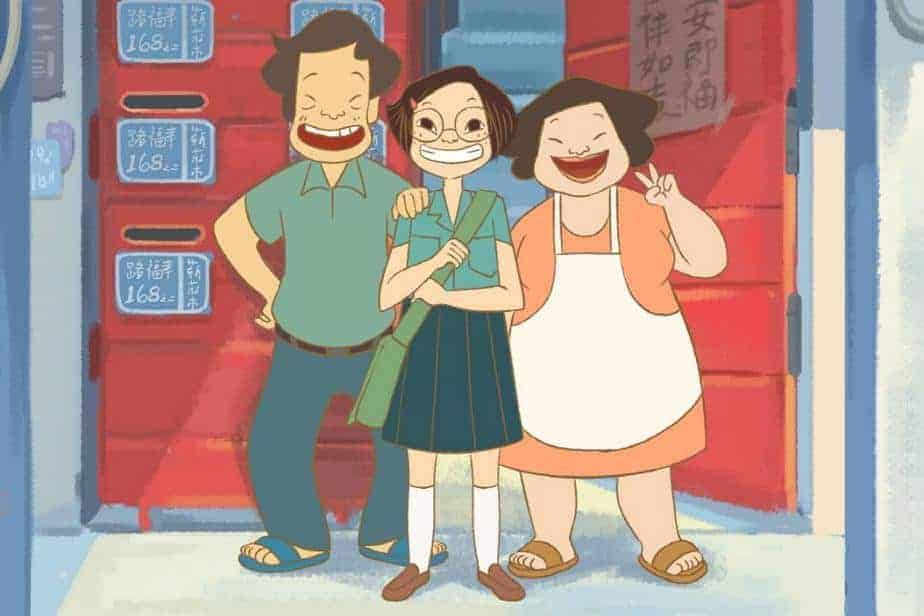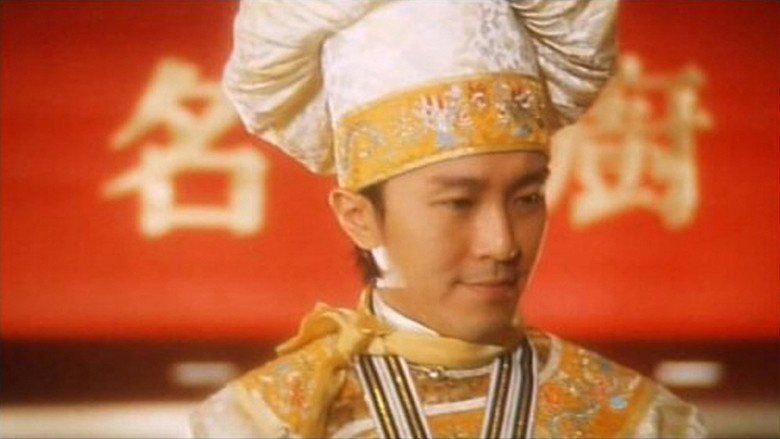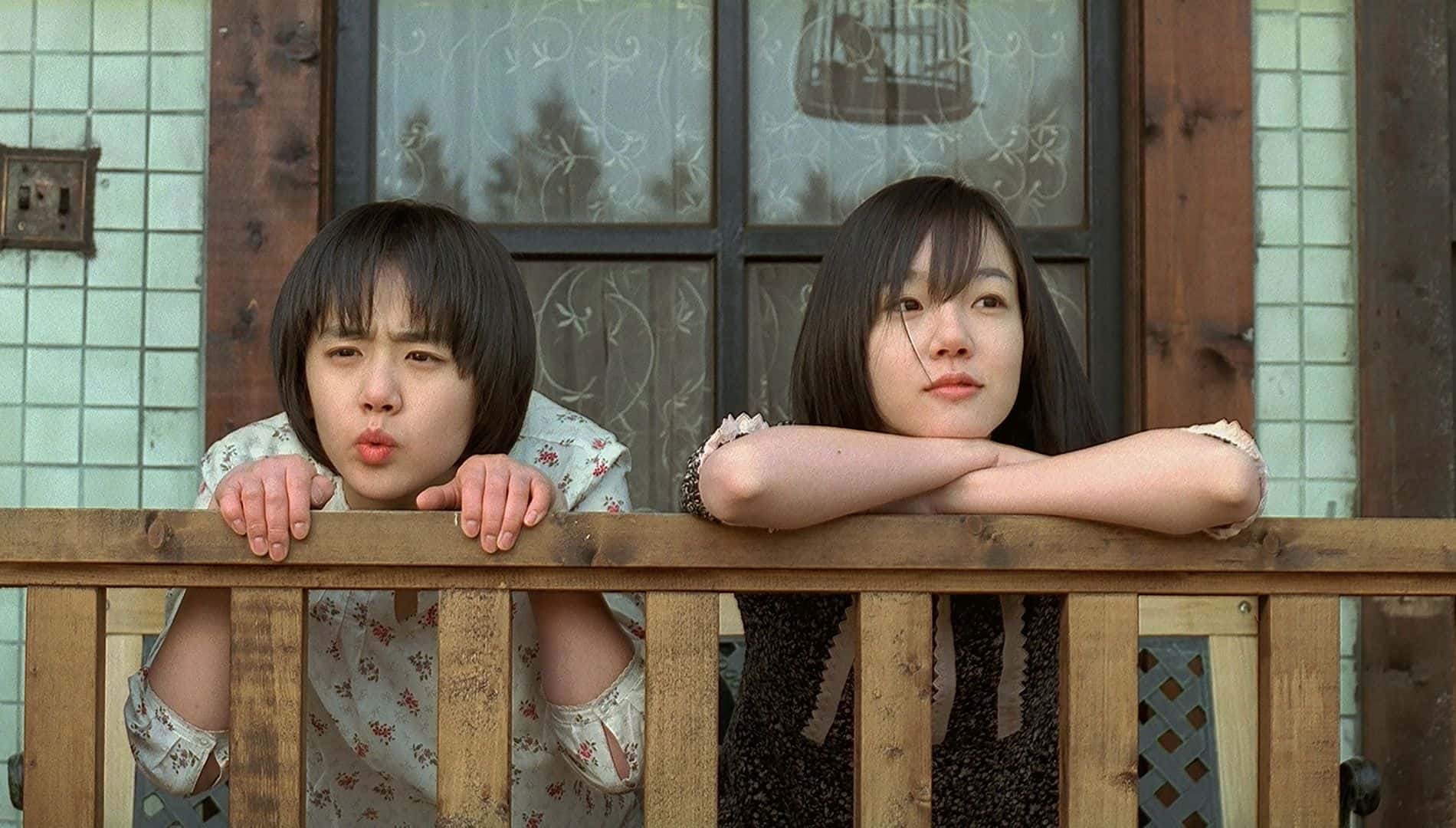Kim Ui-Seok's first feature carries on its festival tour. Winner of the 22nd BIFF New Currents Award together the Iranian movie “Blockage”, and winner of the Special Jury Prize at Fribourg, “After My Death” is now coming to the New York Asian Film Festival. The drama deserves to be put forward.
After My Death is screening at the 17th New York Asian Film Festival
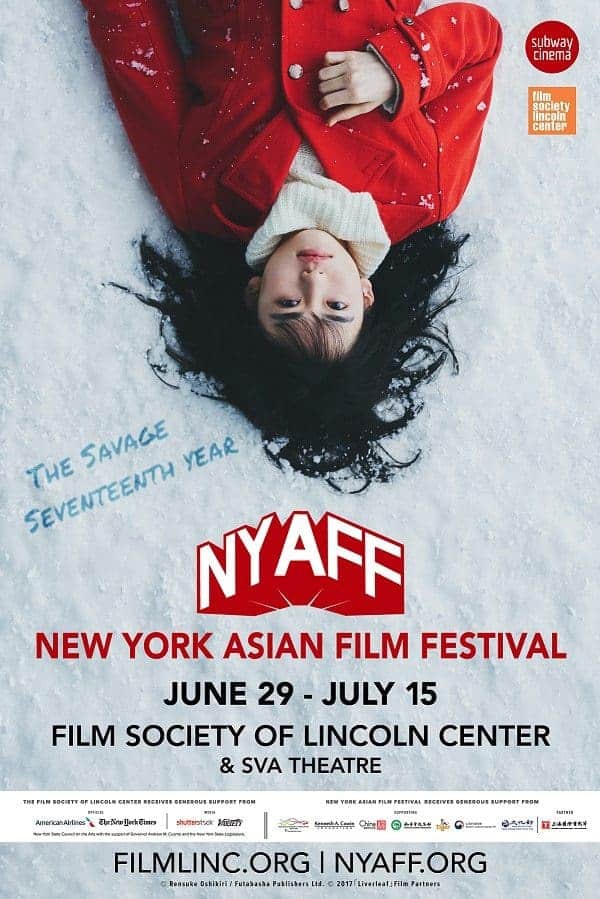
“After My Death“ mainly focuses on two characters: Young-hee and Kyung-min's mother. They are brought together after the disappearance of Kyung-min. The police are investigating. The mother follows the case closely. The missing girl was last been seen with Young-hee, with whom she had a mysterious relationship.
The first part of the movie focuses on the investigation and the search for the body. Young-hee is the main suspect, whether she killed her friend or pushed her to commit suicide. She has to live with the loss of someone she cared about and with the guilt she personally feels and she is expected to have. On top of her melancholy, hinted to have been there before her friend's loss, she is being bullied. Her relation with another schoolmate, Han-sol, is explored. The mother, for her part, is grieving and is torn between sadness, anger and hope.
The second part tells us what happens after the body is found. The guilt, anger and melancholy are still very present. We follow the characters on their next step: we do not focus so much on what happened as to what the consequences for the characters are.

Thinking that the movie only explores adolescence would be a big mistake. Teenagers' suicide in South Korea is inevitably mentioned (suicide is the main reason for young people's death in Korea and the country knows one of the world's highest rate of self-inflicted end of life). Having teenagers at the centre of the drama allows a better exploration of peer pressure, of teens' cruelty and of the difficulty of finding one's place when feeling like an outsider. In that way, it reminds of Yeon Sang-ho's 2011 animation “King of Pigs”. Nonetheless and more largely, the film talks about melancholy, guilt and grieving. Characters are longing for absolutes but end up alienated from society. The feature is more a reflection of society as a whole and not so much specific to school days.
It should also be underlined that the movie focuses solely on female-characters, rare fact in cinema and even more in a male-directed film. The characters are very interesting, nuanced and how we should understand them is not forced upon the viewer.
The strength of the characters is of course supported by the plot, but also by the excellent and intense acting of Jeon Yeo-bin and veteran actress Seo Young-hwa. Jeon, who won the actress of the year award for her role in the movie, is outstanding. Her career is pretty recent but she is for sure a talent to follow in the years to come.

“After My Death” doesn't bother explaining everything to the viewers. The non-linearity of the narration and the lack of character's proper introduction can be a little confusing at first but they actually bring strength to the movie. If the movie loses a bit of consistency plot-wise in its second part, Baek Sung-Bin's cinematography stays strong and coherent. The framing is unconventional, most shots are wide and allow different actions to occur simultaneously. The natural lighting and the slow pace give the film a realistic and organic touch. Kim's feature has some nice surprises, notably a flashback that turns into a dream.
Far from blockbusters, “After My Death” is an impressive first feature. Despite a second part that is slightly lacking, the movie is worth watching and will for sure be appreciated by independent-movie lovers.



